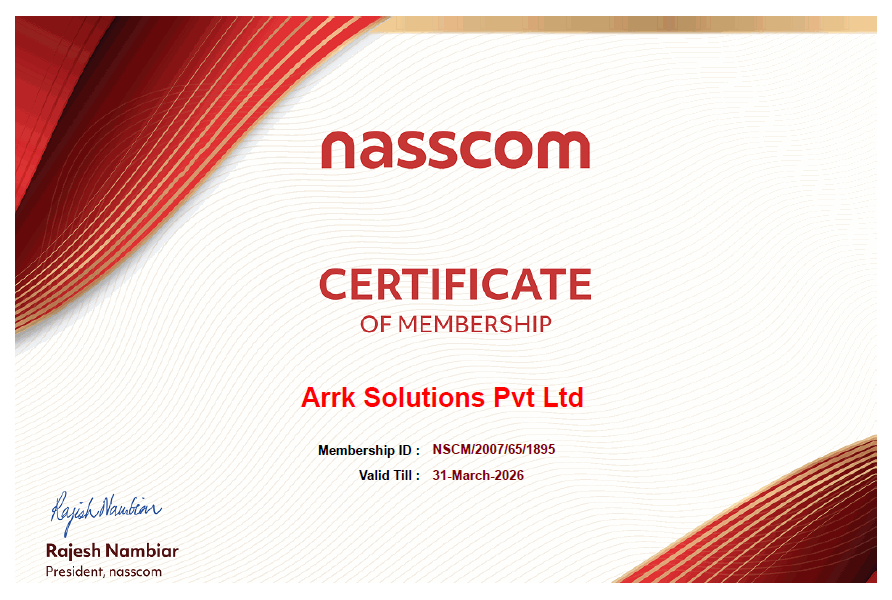Cutting Multi-Channel Marketing Costs by 48% Through Automation
Customer
Problem Statement
- Customer Data Platform
- Data Management Platform
- Data Warehousing
- Digital Asset Management Platform
- Campaign Management Platform
- Communication Channels Platforms
- E-Commerce Platform
- Payment Gateways
- Content Management Systems
- Customer Support Systems
- Affiliate Marketing Platforms
- Web Analytical Tools
This resulted in user data being stored across several platforms, making it time-consuming for the marketing team to design, plan, and execute cross-channel marketing campaigns, service updates, and notifications to their million plus consumers/end-users. The process was chaotic, inefficient, and costly.
Data Warehouse & Iterable
High Volume End-User Communication
Multiple Communication Platforms
LLM and ChatGPT
Solution Development
Arrk has vast experience in identifying and implementing MarTech solutions to improve digital engagement metrics, particularly in the B2C area. Arrk management recognised that this involved multi-phase, multi-function management activities before any technical implementation.
Arrk employed its proprietary aconsulting model, BenchmArrk™️, to assess cultural capabilities and digital transformation programs. The assessment outlined the following objectives:
1.Improve user experience for better utilisation of various functions within the MarTech ecosystems, contributing to greater GTM and engagement.
2.Create future AI-ready ecosystems.
3.Minimise data flow and data duplicity.
4.Retire as many systems as possible.
5.Achieve ROI with cost savings.
Following a thorough analysis, it was decided to implement a high-end MarTech solution, Iterable.
Solution Implementation
The implementation of Iterable was not just about configuration. The solution had to be implemented in a manner that ensured:
1.No disruption to existing digital engagement programmes.
2.No loss of data.
3.Minimal data flow across various MarTech ecosystems.
This involved extensive customised development and tweaks to existing software programmes. Identifying impact areas and their intricate relationships was challenging. Arrk developed customised versions of its proprietary EmbArrk™️ practices to iteratively identify logical impact areas and move on to the next EmbArrk™️ for other areas of the MarTech ecosystem.
Arrk designed, developed, and implemented an integration between the customer’s core systems/data warehouse and Iterable. This enabled the customer to transition to executing high-volume end-user communication in near real-time, coordinated and orchestrated over multiple digital channels, including web, mobile, email, and social media.
Requirement Collection
Structured Query Conversion
Data Repository Integration
Outcomes
The features delivered to the customer’s marketing and customer success teams included:
- Flexibility to design and curate campaigns based on flexible end-user segmentation, resulting in improved sales conversions and revenue.
- Easier ways to create email templates, push/in-app, and web notifications.
- Real-time capture of user data and user events for accurate reporting and end-user segmentation.
- Creation of multiple inbuilt journeys in Iterable to send automated campaigns at a large scale.
- Easy integration with the mobile app.
Outcome
- Increased revenue.
- Consolidation of several systems and services into Iterable, resulting in cost savings of approximately 48%.
- Thousands of human work hours saved annually for the customer’s customer success team.
- Better end-user segmentation, enabling more targeted communications at a large scale (thousands of tightly targeted campaigns sent at a time).
- Reduced risk of data inaccuracy, customer complaints, and data breaches by avoiding the storage of user information on multiple platforms.



